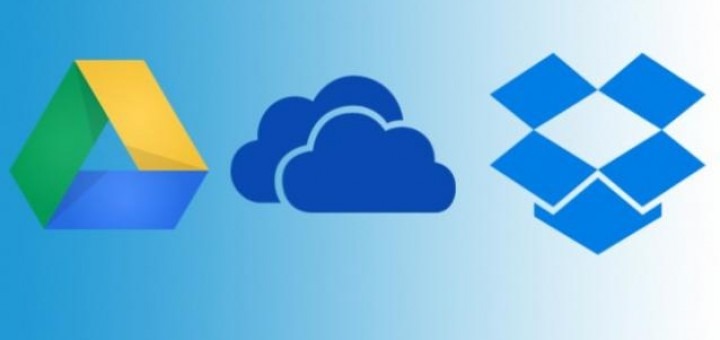Personal NAS or Cloud Drive, Why you need Both!

What is better, a NAS or cloud drive? If you are the owner of a small business, you have probably struggled with where to keep your information. Storing it locally on a laptop or an office computer is never a good idea.
Hard drives will fail, they always do. When it does, your business will take a loss and so will your customers. The best plan is not to put yourself in that position. Get your data off those standalone computers and move it to a central place.
So now you ask, should I use a NAS or Cloud Drives. I recommend both!
Security will always be a critical factor in deciding what data you keep where. If you run a small business that does business with the government, it is clear your data will not reside in the cloud. If your business needs to be more flexible and mobile and doesn’t contain any private data, than the cloud sound pretty good. But earlier I mentioned I recommend using both and this is where organization comes into play.
I created some articles on another website (TechLife101.com) about this topic. The first one is called “Privacy in the Cloud” and the other ‘Which Cloud Storage is Right for You“. Both articles go into a little about how to families should organize data and which information should go into the cloud and which should stay local.
The same principles apply to small businesses.
Private information about finances, medical information, and anything else that does not need to be available everywhere should stay local to your business. I would also say archive data can stay on a local NAS too as well as a backup of your cloud storage. The rest should be moved into the cloud.
Lets think about how this will change your business. You can now switch between computers and tablets and see the same data. You can work from anywhere. This means more family time because you are not Chained to that office computer. This means you can be available when your customers need you, which lets be honest, is huge to the growth of your business.
Lets now look into the future and your business takes off. You need to hire some employees and you now can share data between your team just as easy as you share data across devices. It is much easier and cheaper to organize your data to fit into this mode now before the growth hits because you will not have the time to do it during a growth spurt nor will you want to change your IT business design when you start to rely on it the most. Always be planning for tomorrow because the business that play catch-up are the ones that don’t make it.
Here’s what I do
For my small businesses, I use a NAS server and Microsoft Drive (that comes with Office 365). I have a review of my Home NAS server and so far it has been bulletproof. I have been thinking about an upgrade but since I moved most of my data to the cloud, I don’t need an upgrade anymore and why spend money on an upgrade I don’t need.
With this setup, I can work from anywhere, and this is a huge change from where I was just a year ago. I can handle additional employees if I need to without needing to increase my IT costs and I do not have to reorganize or redo anything to work in this future IT plan. This is where your business should be. So what is the first step?
- Read my articles about how to organize your data and find yourself a cloud and NAS drive.
- Next, clean up your data, get rid of junk, and organize it into 2 categories, private and public.
- Move your public data to the cloud.
- Download any needed apps that will work with your cloud provider so you can see data from your laptop, tablet, and phone as needed.
- Work without the fear of losing your data. Now you can focus on work and not being an IT manager.
That’s it. Go out and enjoy your family and service your customers from anywhere. Build and grow your business and focus on the important things now that your data is safe.
If you liked this article, leave a comment below and let me know. If you want to be the first to hear about new articles, please signup to our email list and we will let you know when we publish something new.
